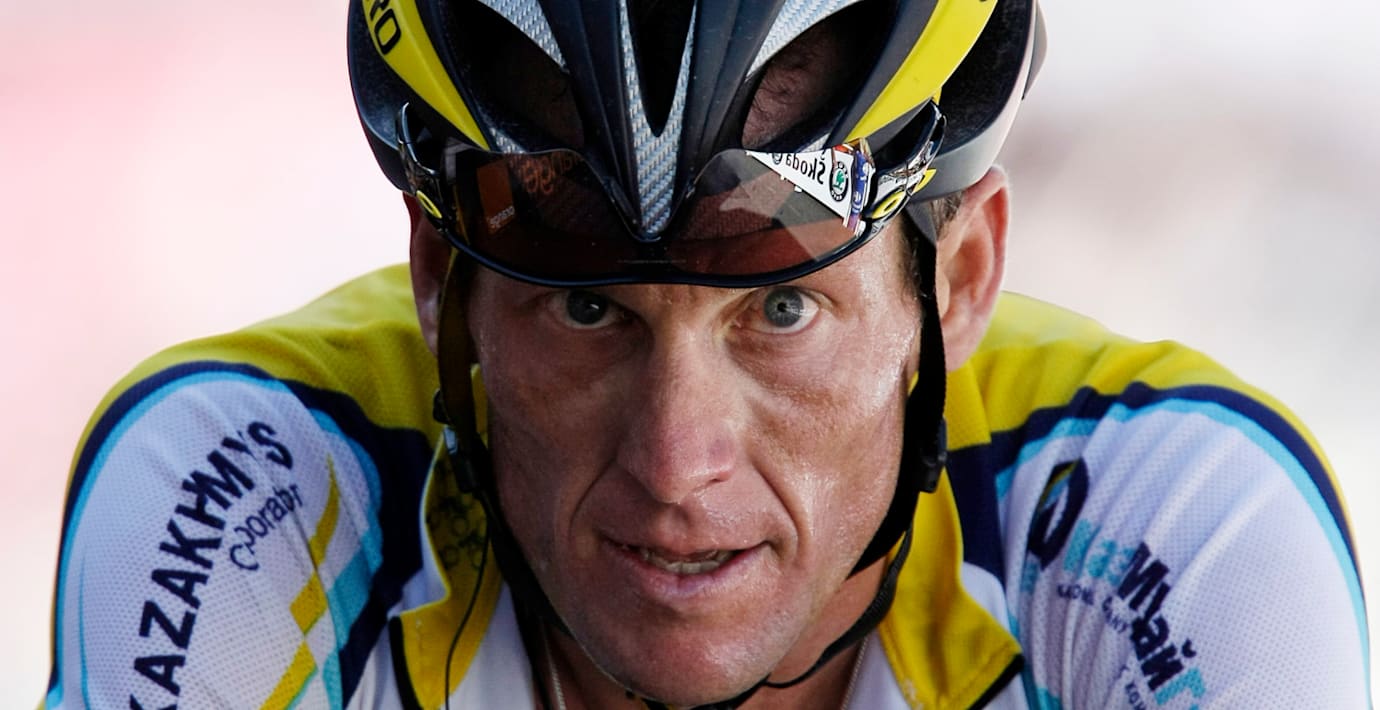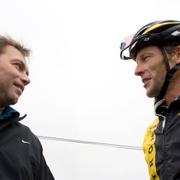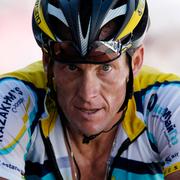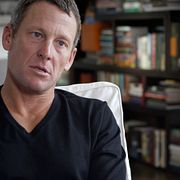
Uppgift: Lance Armstrong kan ha haft motor på cykeln
Inte nog med att cykelsporten dragits med flera stora dopningsskandaler genom åren, nu utreds även misstankar om att cyklister fuskat genom att montera motorer på sina cyklar. Bland de som misstänks ha använt de dolda motorerna finns Lance Armstrong, skriver Aftonbladet med hänvisning till det amerikanska tv-programmet CBS 60 Minutes.
Armstrong blev av med alla sina sju Tour de France-titlar efter att han erkänt att han var dopad, men nekar till att han skulle ha använt sig av en motor. CBS 60 Minutes program väntas visas den 28 januari 2017.
bakgrund
Lance Armstrong
Wikipedia (en)
Lance Edward Armstrong (born September 18, 1971) is an American former professional road racing cyclist. He is the 1993 professional world champion. Armstrong had won the Tour de France seven consecutive times from 1999 to 2005, before all results from August 1998 were voided as a result of a doping case.
At age 16, Armstrong began competing as a triathlete and was a national sprint-course triathlon champion in 1989 and 1990. In 1992, Armstrong began his career as a professional cyclist with the Motorola team. He had notable success between 1993 and 1996, including the World Championship in 1993, Clásica de San Sebastián in 95, Tour DuPont in 95 and 96, and a handful of stage victories in Europe, including stage 18 of the 1995 Tour de France. In 1996, he was diagnosed with a potentially fatal metastatic testicular cancer. After his recovery, he founded the Lance Armstrong Foundation (now the Livestrong Foundation) to assist other cancer survivors.
By January 1998, Armstrong had renewed serious cycling training, having signed a new racing contract with US Postal. He was a member of the US Postal/Discovery team between 1998 and 2005, in which he won his Tour de France titles, as well as a bronze medal in the 2000 Summer Olympics. In July 2005, Armstrong retired from racing at the end of the 2005 Tour de France, but returned to competitive cycling with the Astana team in January 2009, finishing third in the 2009 Tour de France later that year. Between 2010 and 2011, he raced with the UCI ProTeam he helped found, Team Radio Shack. He retired for a second time in 2011.
Armstrong had been the subject of doping allegations ever since winning the 1999 Tour de France. In 2012, a United States Anti-Doping Agency investigation concluded that Armstrong had used performance-enhancing drugs over the course of his career and named him as the ringleader of "the most sophisticated, professionalized and successful doping program that sport has ever seen." Armstrong chose not to contest the charges, citing the potential toll on his family. As a result, he received a lifetime ban from competing in all sports that follow the World Anti-Doping Agency code—effectively ending his athletic career. He was also stripped of all of his achievements after 1998, including his seven Tour de France titles. On October 22, 2012, the Union Cycliste Internationale upheld USADA's decision. They also decided that his stripped wins would not be allocated to other riders. Armstrong chose not to appeal the decision to the Court of Arbitration for Sport. In a 2013 interview, Armstrong confessed that some of the allegations were true. He has declined to testify about the full extent of his use of the drugs. In the aftermath of his fall from grace, a CNN article wrote that "The epic downfall of cycling's star, once an idolized icon of millions around the globe, stands out in the history of professional sports."
Omni är politiskt obundna och oberoende. Vi strävar efter att ge fler perspektiv på nyheterna. Har du frågor eller synpunkter kring vår rapportering? Kontakta redaktionen


